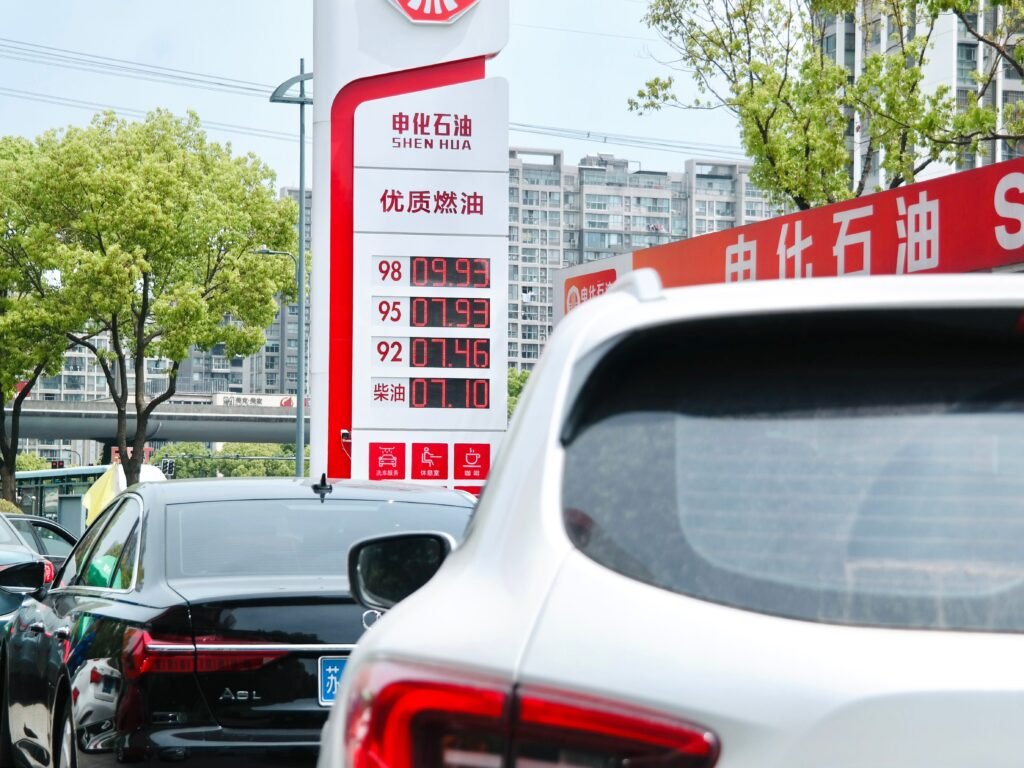
He Xiaoxiao/VCG/Getty Images
- Tensions in the Middle East are raising fears of Iran blocking the Strait of Hormuz.
- China, a major energy importer, could be impacted, but it has diversified energy sources.
- Global economies are adjusting energy strategies due to geopolitical risks and supply shocks.
Rising tensions in the Middle East have reignited fears that Iran could blockade the Strait of Hormuz, a critical oil shipping route.
A closure could send shockwaves through global energy markets, including to China, the world’s largest oil importer. Much of China’s oil has historically come from the Middle East, but analysts say changes in recent years may offer some buffer from any Hormuz-induced issues.
“China has been actively diversifying its energy sources and bolstering domestic reserves, which could buffer immediate shocks,” Priyanka Sachdeva, a senior analyst at brokerage Phillip Nova, told Business Insider.
In the first quarter of 2023, Iran was China’s third-largest crude oil supplier, according to Dilin Wu, a research strategist at Pepperstone.
Since 2024, China has increasingly leaned on Russia, Saudi Arabia, and Russia for crude. The three countries accounted for 20%, 14%, and 13% of Chinese imports, respectively.
Countries are diversifying energy sources
Beyond geopolitical risks, Iran’s exports to China were troubled before the ongoing conflict in the Middle East. Issues included contract breaches and sanctioned oil stuck at Chinese ports for years.
“Chinese firms increasingly view Iran as a ‘price-competitive yet high-risk’ supplier, prompting a strategic shift toward more stable alternatives like Russia,” wrote Wu.
Meanwhile, China’s broader oil demand is softening due to its slowing economy and a shift toward renewable energy. That dampens the urgency of any short-term supply disruption.
In 2023, coal — mostly domestic supplies — accounted for 61% of China’s energy mix, according to the International Energy Agency. Meanwhile, oil and natural gas made up 18% and 8% of the country’s energy sources.
Should the Hormuz experience an extended blockage that strains China’s import flows, the East Asian nation could shift to buying more Russian, African, or US oil, said Sachdeva.
Other top global economies have also been adjusting their energy strategies to account for uncertainties in geopolitics, wrote Kaho Yu, the head of natural resources at risk intelligence company Verisk Maplecroft.
The European Union is phasing out Russian energy despite higher costs and tighter markets. Japan and South Korea are seeking to lock in long-term Qatari liquified natural gas deals for supply stability, even though prices are higher than on the spot market.
“The latest Middle East escalation reinforces this shift: energy policy is now shaped as much by geopolitical risk as by price,” Ho wrote.
Most analysts say they do not think Iran would blockade the Hormuz because it doesn’t serve Tehran’s interest.
“Tehran knows such a move would devastate its own economy, alienate China, its largest crude customer, and risk triggering massive military retaliation,” wrote Claudio Galimberti, the chief economist at Rystad Energy.




